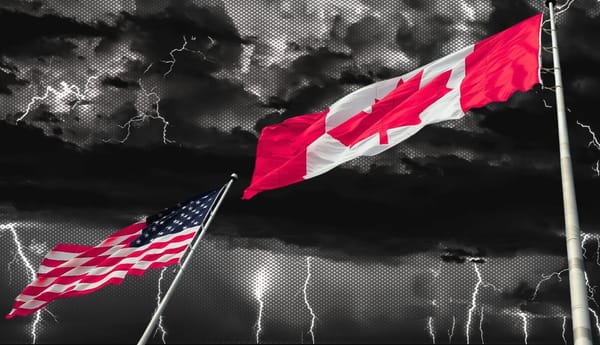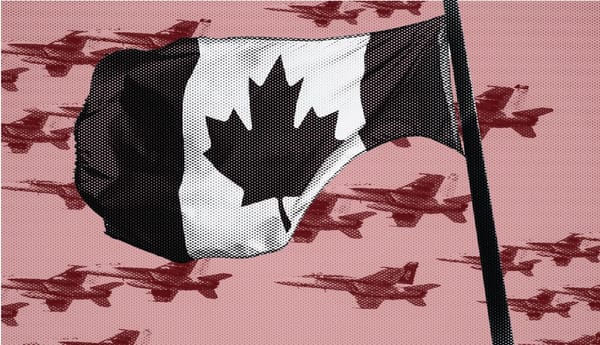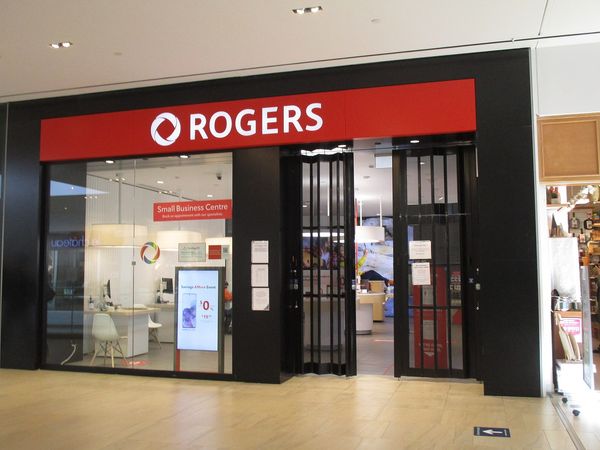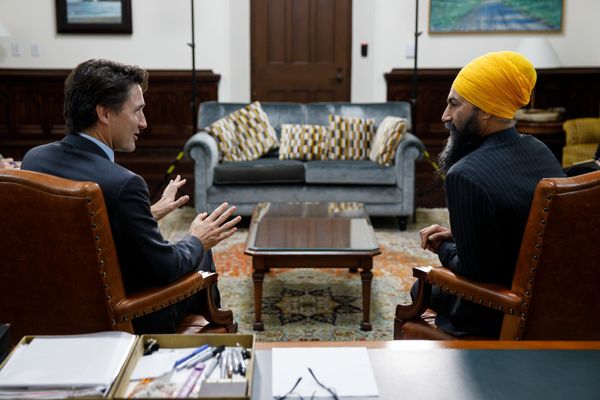Nearly the entire globe is experiencing high levels of unemployment and underemployment due to the pandemic.
According to the United Nations’s International Labour Organization, the pandemic is expected to wipe out 6.7 per cent of working hours in 2020’s second quarter, the equivalent of 195 million jobs across the world. Canada currently stands at more than 13 per cent unemployment. The United Kingdom’s economy will likely suffer the biggest blow in the “developed world,” according to an Organisation for Economic Cooperation and Development report, with its national income projected to decrease by 11.5 per cent this year.
The situation is worse in some countries in the Global South. In India, which shut down within a few hours after an announcement from the prime minister, millions of migrant workers were forced to walk hundreds of kilometres to their villages. About 80 per cent of the economy is made up of off-the-books daily wage earners, who stopped being paid as soon as businesses shut down.
Moreover, world GDP is set to shrink by 5.2 per cent, according to the World Bank’s June 2020 Global Economic Prospects report, which means lower consumer spending and investments, and more job losses.
Despite the visceral suffering brought on by the pandemic, the stock market has been having a party. Consequently, the ultra-wealthy have as well, as in the United States alone the wealthiest 10 per cent of households own 84 per cent of stocks.
Sure, the stock market isn’t a barometer for the economy’s health even though corporate media has led many to believe so. The stock market is essentially a place where you buy and sell parts of a company. It functions by keeping the well-being of a company front and centre, ignoring what may be good for workers and society at large.
However, intuitively it would make sense to believe that since consumer spending, and thereby company profit, is low, investor confidence would be as well. So, why are investors feeling so confident?
The answer lies in governments’ bailout plans. Investors on the stock market are currently gambling knowing very well that the government is picking up their tab in the form of corporate tax cuts and bailouts.
Around mid-March, when panic about COVID-19 turning into a global pandemic began spreading, the stock market drastically dipped. Yet it bounced back up and continued to stay high after the U.S. government rolled out a $6 trillion corporate bailout package later that month. Included within that package was $25 billion to Boeing (even though in the past five years it spent $53 billion buying back its own stock instead of investing profits in the company), $6 billion to Nike and $9.5 billion to Exxon Mobil Corp. This money was issued in the form of corporate bonds — the one to Boeing is the sixth largest U.S bond sale on record — which is essentially the government loaning money in order for companies to raise more capital.
In theory, these bailouts are given so companies that have many employees don’t begin layoffs as part of austerity measures. This has only been partially successful: Companies were given help without any terms and conditions attached, and many have now begun laying off workers to drive up profits, which is then rewarded by the stock market.
On April 29, Boeing announced that it was cutting 10 per cent of its global workforce, with 400 to be laid off in Winnipeg. HCA Health — America’s largest for-profit hospital, which received $4.7 billion in bailout funding — threatened their frontline workers with job layoffs and benefit cuts if they don’t accept wage reductions, and has already cut salaries of 11,000 corporate staff members. General Electric, which has also received $6 billion in funding, announced a 10 per cent cut to its U.S. aviation force in March. In May, it announced it will also lay off 10 per cent of its global aviation workforce.
It shouldn’t be surprising, then, that the top 25 billionaires have collectively increased their wealth by more than $255 billion since the beginning of the pandemic, and that 29 new people in the U.S. alone have entered the billionaire pack. After all, their wealth is tied to public stocks. Meanwhile, according to Oxfam, half a billion more people across the globe are set to plummet into poverty.
Government bailouts and the corresponding rise in stock values and wealth of a concentrated group of people indicates the ‘free market’ isn’t free at all. Billionaires invest millions of dollars in the political campaigns of politicians, expecting the government to protect their wealth during the sort of proverbial flood we’re now experiencing.
If the markets were actually free, shareholders and corporate executives would be going bust right now. Instead, the public is bailing them out, showing once again that the survival of our economic system depends not on “natural” market forces, but on the use of state power by the capitalist class.






